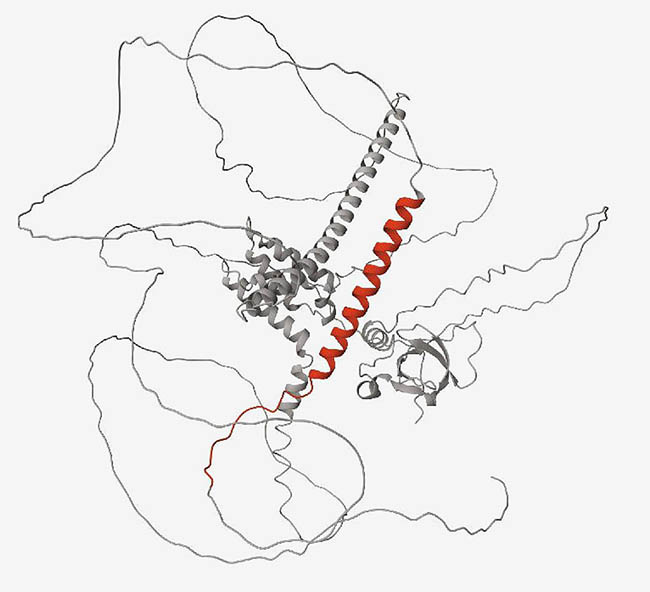Abnormal proteins found in the spinal fluid of people with ALS and frontotemporal dementia
Proteins could serve as biomarkers that improve diagnosis and guide the development of novel therapies
Researchers at the National Institutes of Health detected abnormal proteins in the spinal fluid of people with amyotrophic lateral sclerosis (ALS) and frontotemporal dementia (FTD), which could help improve diagnosis of these diseases. The findings were published in Science Translational Medicine.
The proteins in question are built from 'cryptic' exons — abnormal portions of RNA, the cell’s instructions for how to build proteins. Cryptic exons occur when TDP-43, a protein that regulates how RNA is processed, stops functioning normally. TDP-43 dysfunction is linked to ALS, FTD, Alzheimer’s disease, and Limbic Associated TDP-43 Encephalopathy (LATE).
The study showed that these mis-spliced sections of RNA can sometimes generate new proteins from the cryptic sequence. The findings advance our understanding of how cryptic exons may be involved in the dementia disease process and could help identify diseases involving TDP-43 dysfunction before symptoms appear. Currently, TDP-43 aggregates in the brain can only be detected at autopsy.

Protein containing a cryptic peptide (red) that results from a lack of functional TDP-43, as in ALS and FTD.
This page was last updated on Wednesday, January 31, 2024